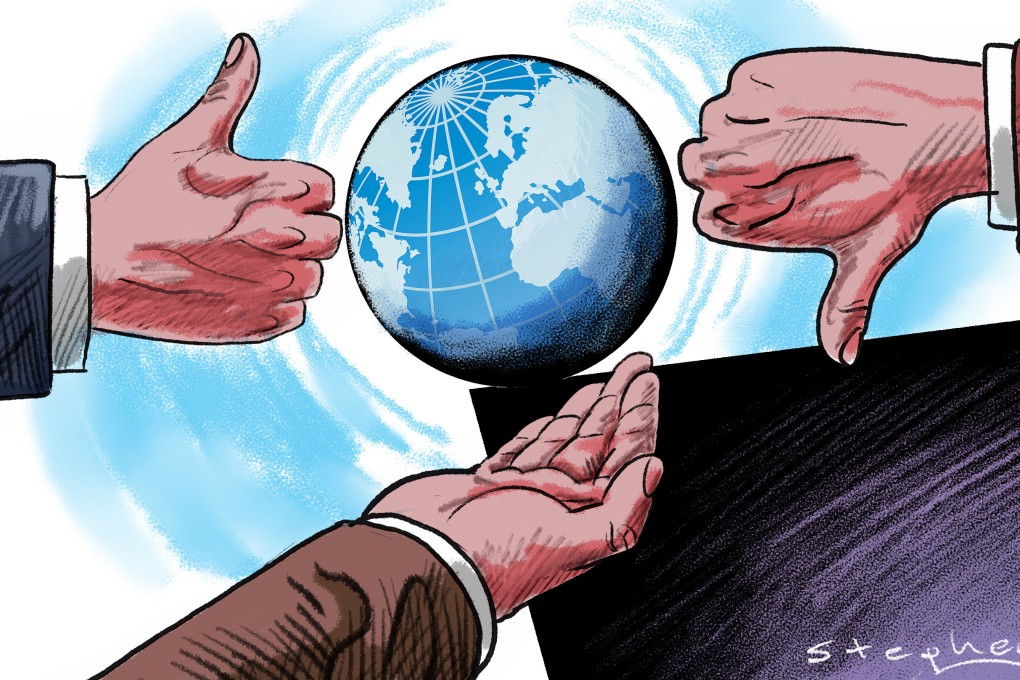Opinion | Democracy-autocracy divide will not serve global – or even Western – interests
- Taking on autocratic powers has given the West a new-found sense of purpose, but it risks alienating emerging global players with its simplistic world view
- A narrative that focuses on the clash between world orders does not resonate with countries more concerned about economic struggle and the climate crisis

In the early years after it was launched in 1963, the conference focused on the Cold War and nuclear threats and served to project the strength and cohesion of the transatlantic alliance. After the end of the Cold War, the conference agenda widened to cover issues like climate change, terrorism and cyber threats.
It remains a Nato-centric event, but as the balance of power in the world has shifted, representation from emerging powers like China and India has also grown. This includes participation by our think tank, the Centre for China and Globalisation, which this year held a side event on China-US relations.
The meeting held on the sidelines of the conference between China’s top diplomat Wang Yi and US Secretary of State Antony Blinken, while signalling that both sides were moving on from the balloon incident, nevertheless served to highlight the division of the world into two camps.
